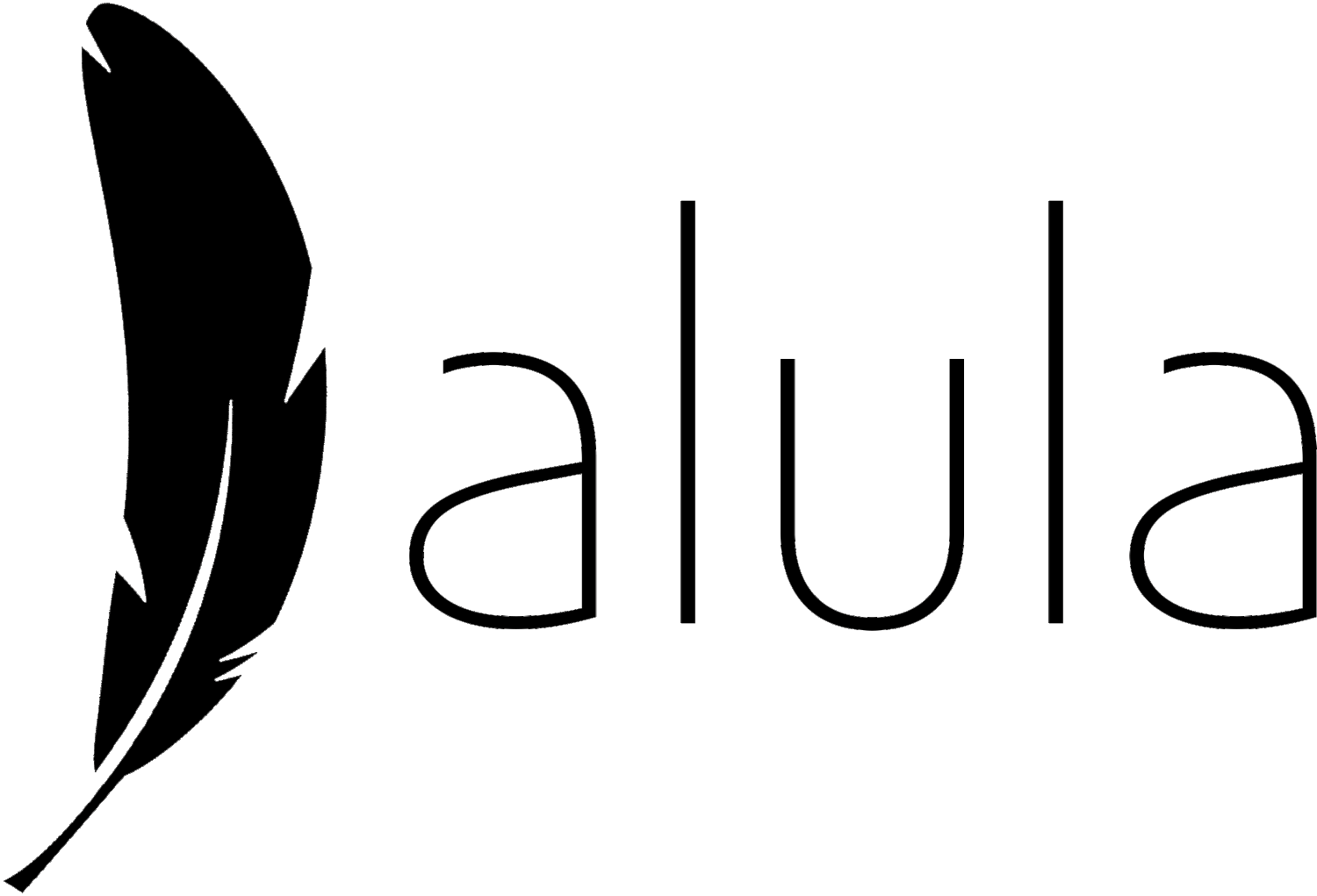What Happens in an NDIS Plan Review?
A plan review is an opportunity—not something to dread. Whether it’s scheduled or requested, this is your chance to ensure your NDIS plan still meets your needs. It’s like giving your support system a tune-up—checking that everything’s running smoothly and adjusting anything that’s not quite right.
NDIS plans are tailored to your goals and current situation. But life isn’t static. Maybe your health has changed, maybe you’ve moved house, started studying, or gained new skills. Your NDIS plan should reflect where you are now—not where you were last year. That’s why reviews are so important.
There are two main types of reviews: scheduled and unscheduled.
Scheduled reviews usually happen near the end of your plan period (usually 12 or 24 months).
Unscheduled reviews can happen any time you feel your plan no longer meets your needs. These are called “change of circumstances” reviews.
Here’s what typically happens during a plan review:
You’ll meet with your LAC (Local Area Coordinator), support coordinator, or a planner from the NDIA
You’ll talk through how your current plan has gone: what worked, what didn’t, and what gaps need filling
You’ll be asked about any recent life changes—health, living arrangements, work or study goals, and personal achievements
Your provider reports, receipts, and notes will be reviewed to show how funding was used
The goal isn’t to trip you up. It’s to ensure your funding reflects your current and future needs.
Top tips to prepare:
Keep a diary or journal of how you’ve used your supports. What’s made a difference? What felt unnecessary?
Ask your providers for updated reports. These help show your progress and justify continued or new funding.
List your goals—big and small. Whether it’s attending a community class or building your cooking skills, goals matter.
Reflect on what’s changed. Have you needed more support than expected? Or perhaps you’ve become more independent in some areas?
Include informal supports too—are family or friends doing more (or less) than before?
It’s also important to be honest about what hasn’t worked. Maybe you tried a service that wasn’t helpful, or you had difficulty accessing a program. Your feedback matters and helps shape a better plan moving forward.
Your review is also a good time to advocate for new supports. If you’ve recently been diagnosed with another condition or started working toward a new goal—like employment or independent living—your plan can (and should) reflect that.
Here are a few examples of what might come out of a review:
More hours for in-home support
Funding for allied health (OT, physio, or psychology)
New assistive technology for communication or mobility
A shift in focus from daily living to capacity-building activities
The process isn’t always quick—but being prepared helps you feel more confident and in control.
If your review results in a plan that doesn’t feel right, you can request an internal review or even go to the Administrative Appeals Tribunal (AAT). You have rights—and you don’t have to navigate the process alone.
At Alula, we support participants in preparing for and attending their plan reviews. We can help you:
Gather reports and documentation
Reflect on your goals
Draft personal statements or progress summaries
Attend meetings with you (or on your behalf, if appropriate)
We believe reviews are a moment of empowerment—not anxiety. Done well, they give you the clarity and resources to take your next steps with confidence.
If you’ve got a review coming up (or think it’s time for one), we’d love to help you get ready. Let’s make sure your NDIS plan keeps pace with your life.
